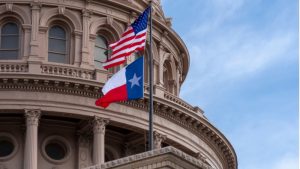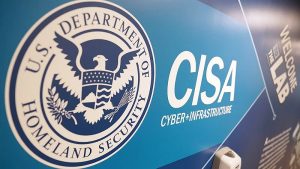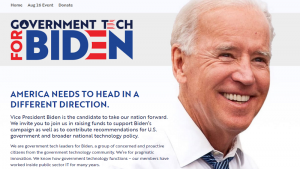As part of its COVID-19 response plan, Rice University has created a new student staff position: Technology Teaching Assistant.
When confronted with the need to create safe classrooms during the COVID-19 pandemic, the University of Texas at Austin is taking a rather futuristic approach.
On Friday, Assistant Director for the Cybersecurity and Infrastructure Security Agency (CISA) Bryan Ware announced that the agency was issuing Emergency Directive 20-04, which instructs Federal Civilian Executive Branch agencies to apply a security update for Microsoft’s Windows Servers to all domain controllers.
Several members of the House and Senate are lining up their support for GovTech4Biden – a group of government technology leaders that is raising money to support the election of Joe Biden and Kamala Harris in November.
In the September 2020 President’s Management Agenda (PMA) updates, two Federal agencies focused on rural broadband expansion reported they are meeting key milestones.
A new study shows that the transition to 5G wireless services will create an additional 4.6 million jobs in the United States by 2034 – and that the move to the latest generation of wireless technology has created over 100,000 jobs already since last year.
FBI Director Chris Wray said on Sept. 16 that his agency hasn’t seen any attempts thus far by foreign actors to attack the U.S. voter registration databases in the run-up to the November elections, or any attempt to tamper with vote counts.
The Mooresville School District, in Indiana, has launched what is being dubbed “the classroom of the future” just in time for the 2020-2021 school year.
Pepperdine University announced today that it has upgraded more than 160 classrooms to enable hybrid learning.
CYBER.ORG, a cybersecurity workforce development organization supported by the Department of Homeland Security, announced the kickoff of the development of the K-12 cybersecurity learning standards that can be used in schools nationwide.













